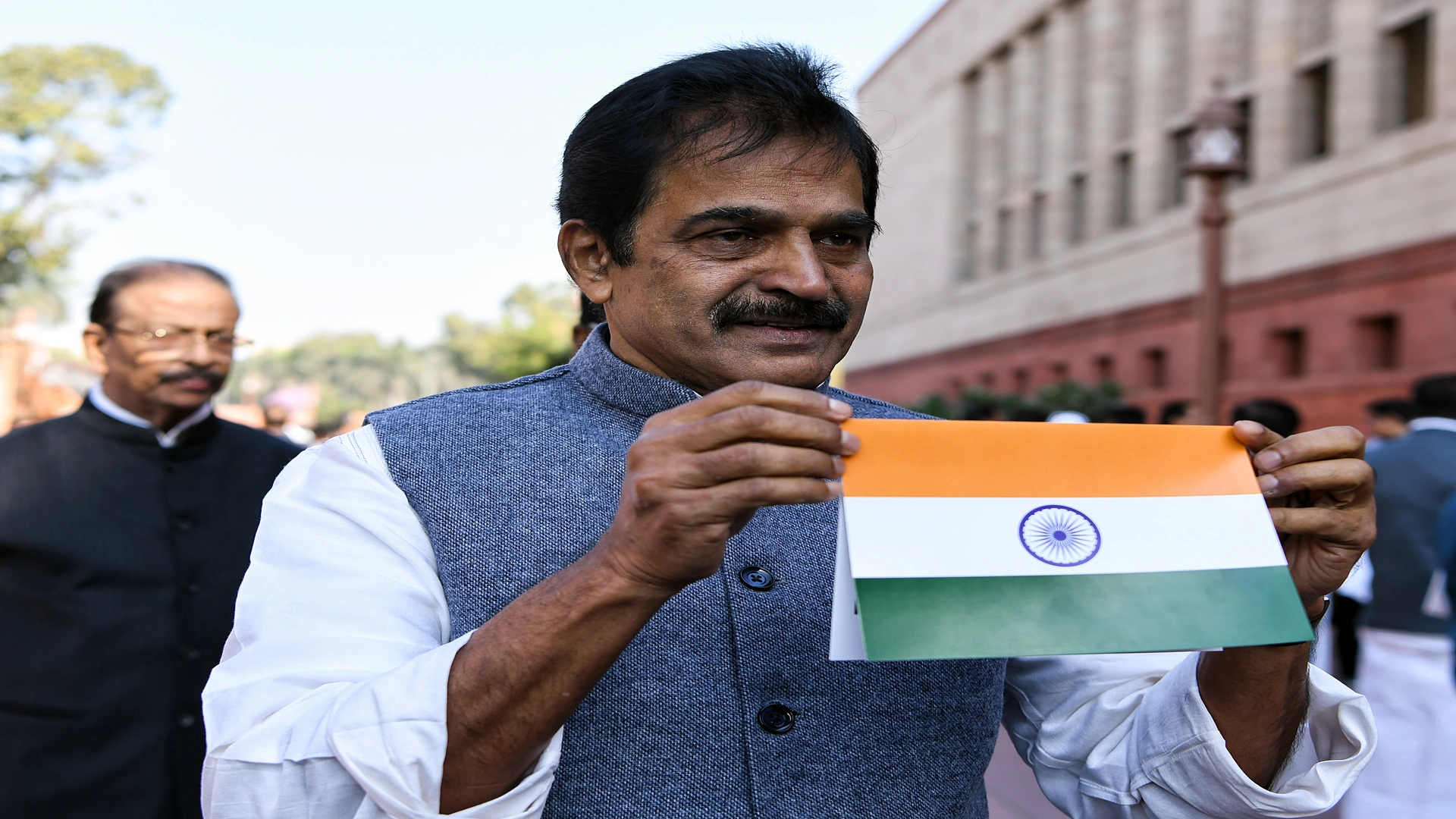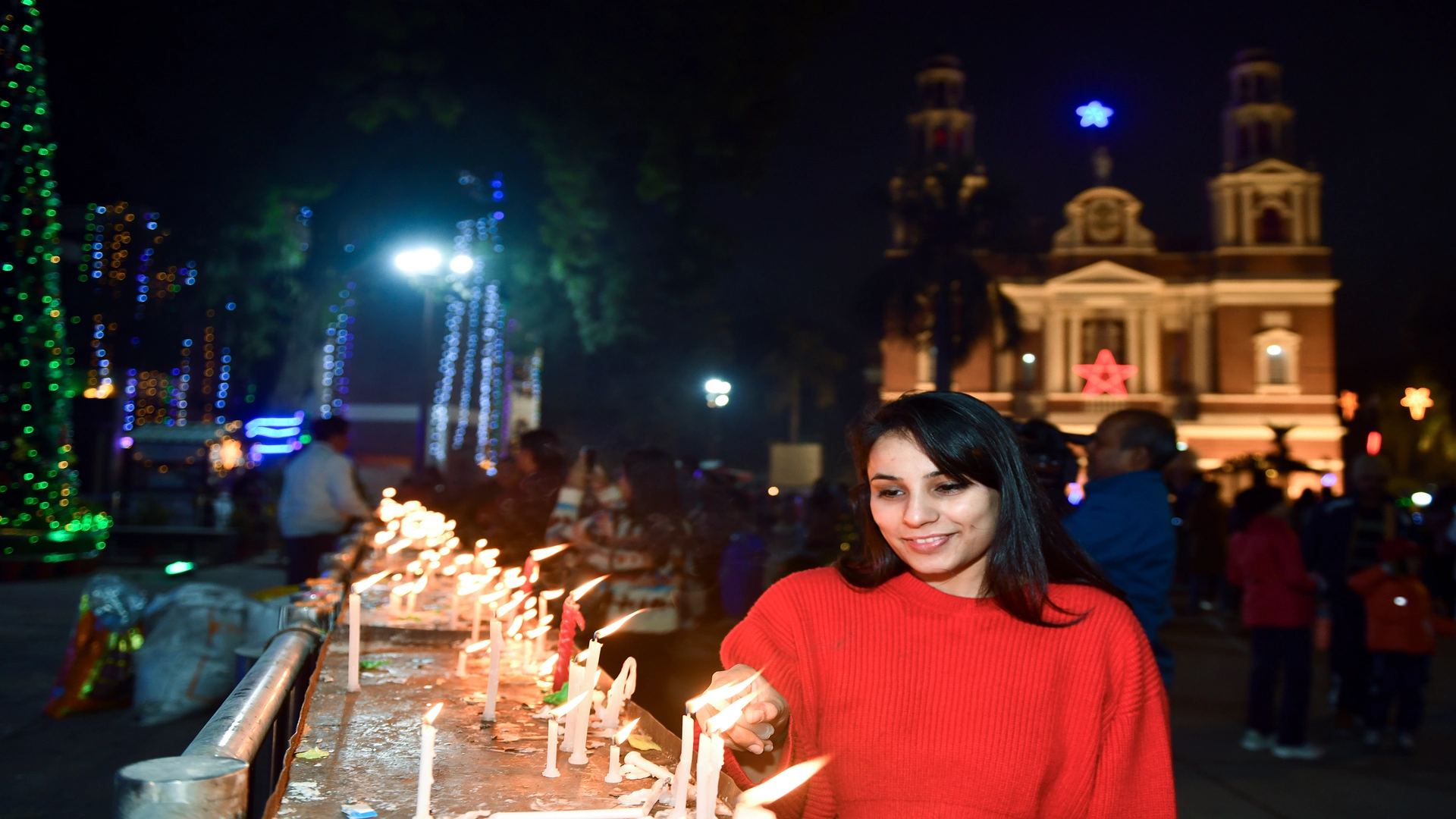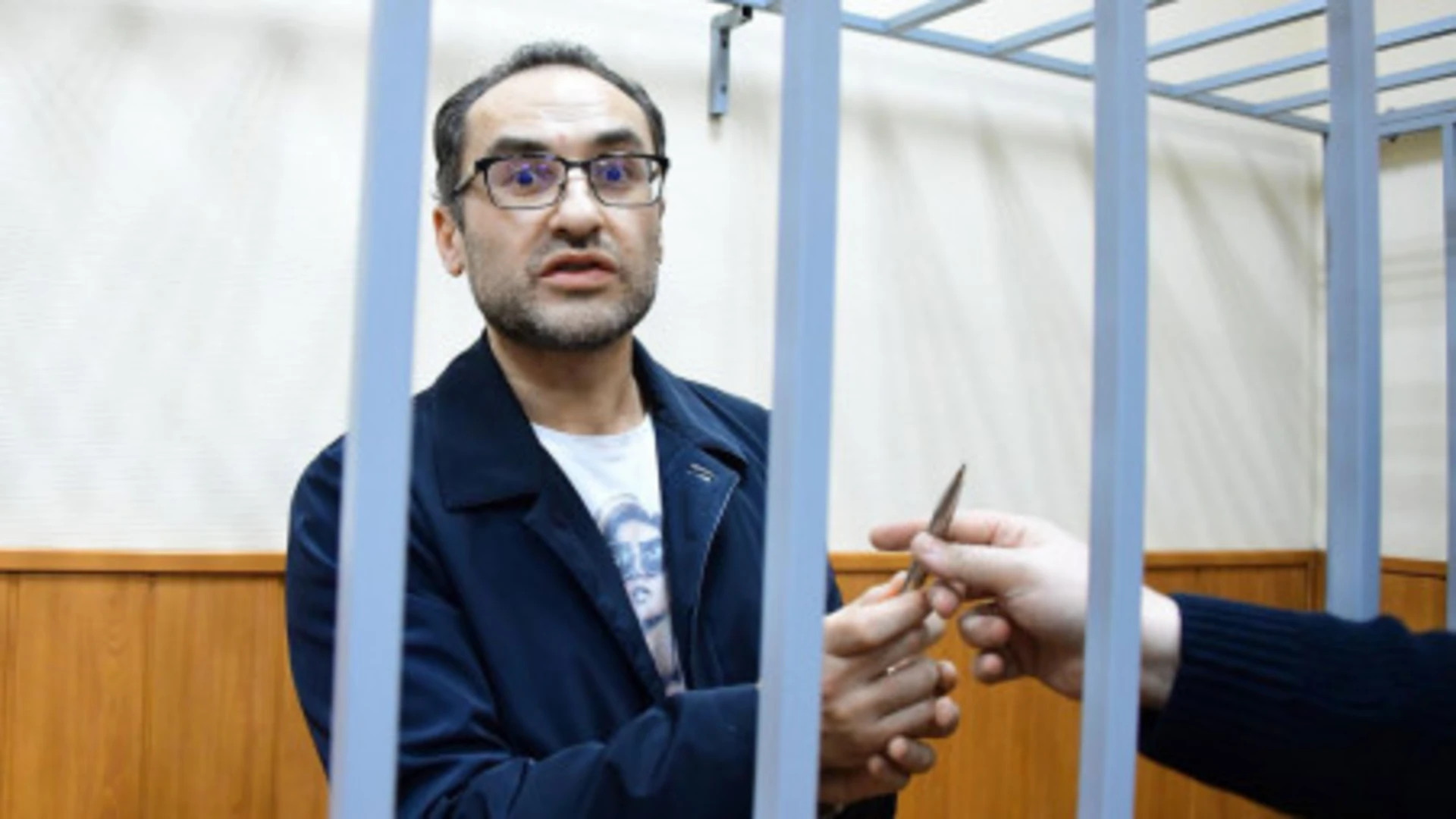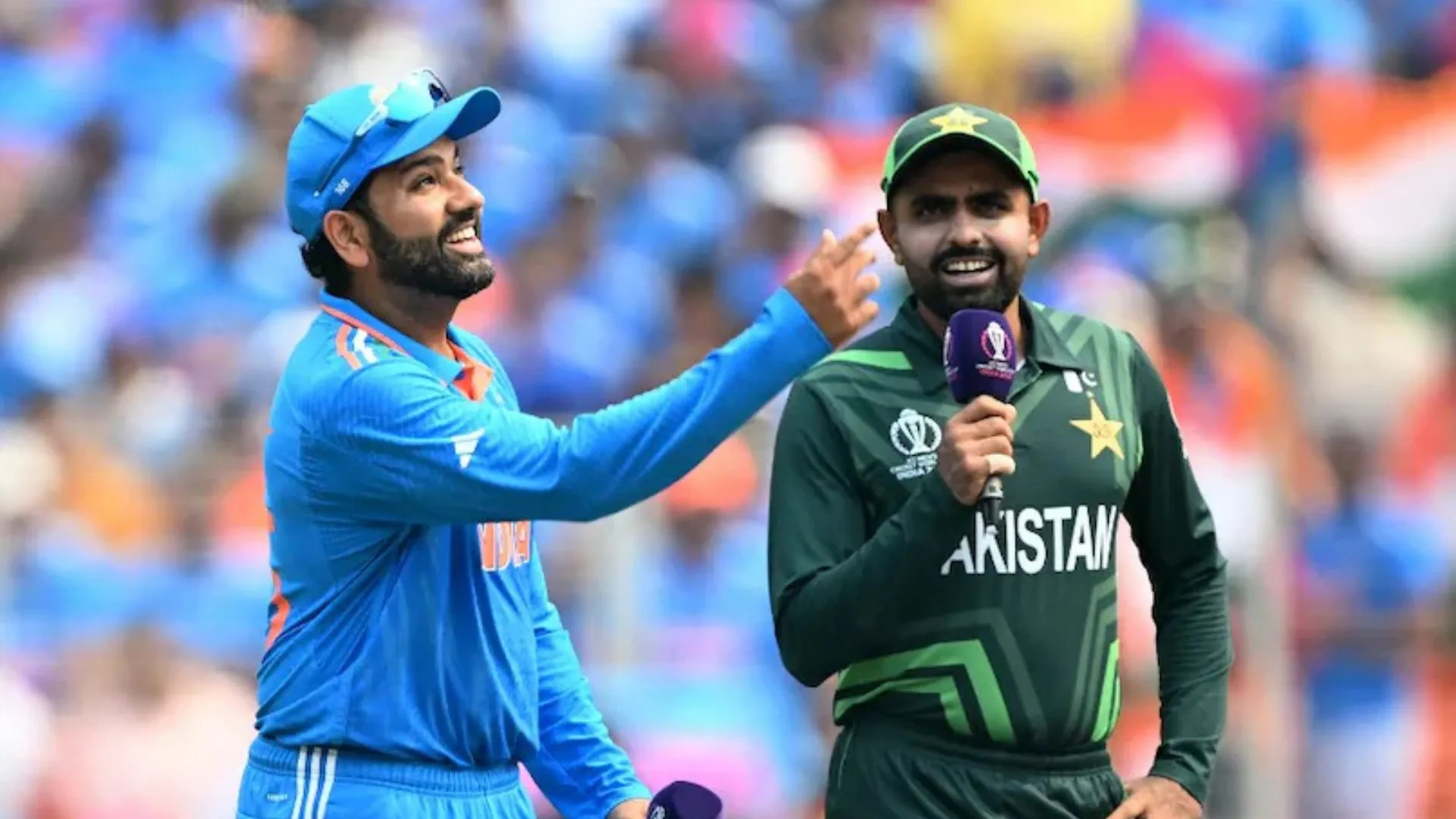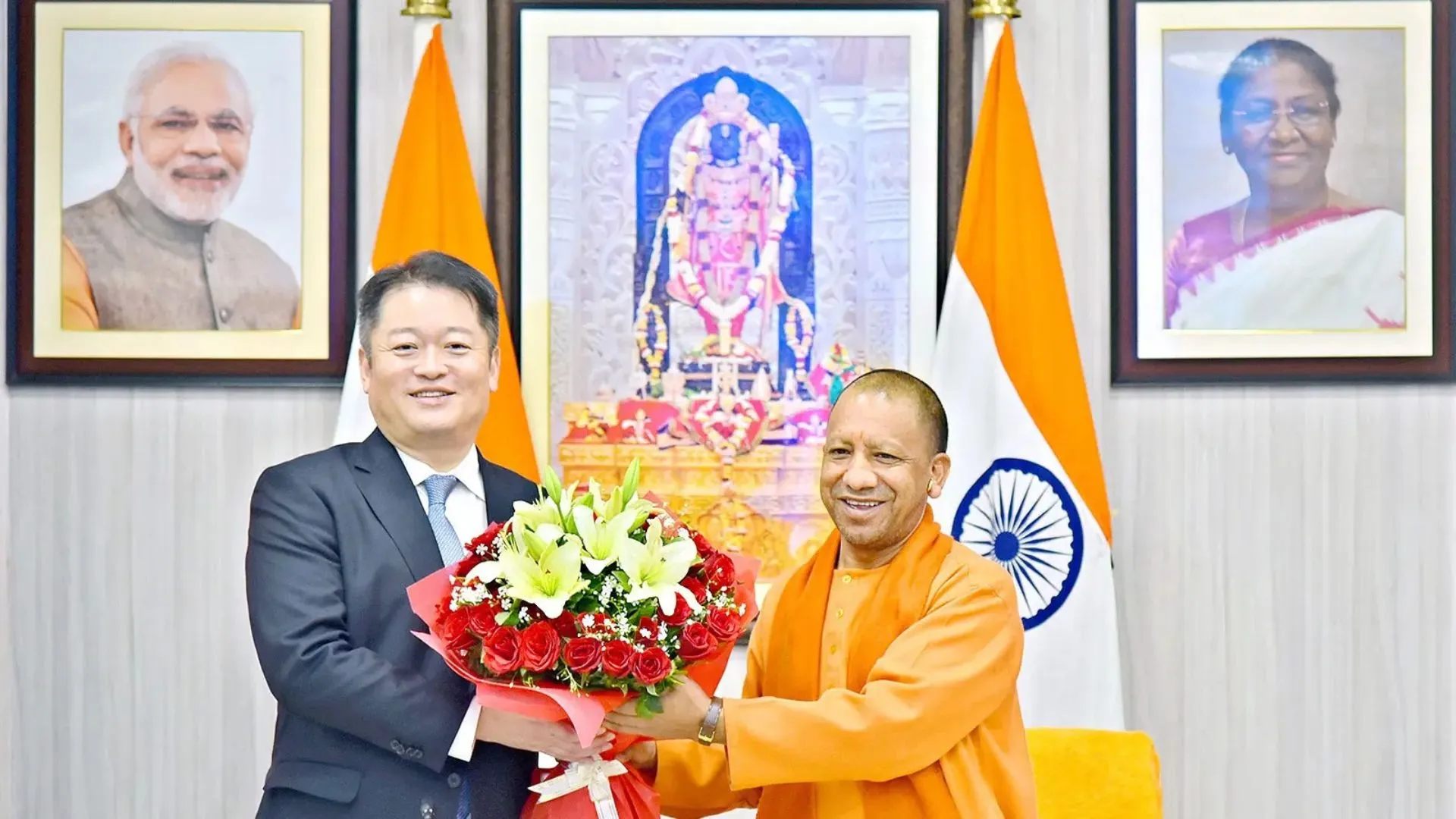It would be of immense significance to note that the Madurai Bench of the Madras High Court as recently as on January 19, 2023 in a latest, learned, laudable and landmark judgment titled Ibramsha vs The Second-Class Executive Magistrate cum Thasildhar, Dindigul West Taluk, Dindigul District and Anr. in Crl.R.C.(MD). No. 32 of 2023 has reiterated the 10-pointer procedure to be followed by the Executive Magistrate while enquiring. It must be mentioned here that Hon’ble Mr Justice G Ilangovan allowed a petition that was filed by Ibramsha/ petitioner who was detained by the Inspector of Police of Dindigul town in South Police Station in Dindigul district after an order was passed by the Second-Class executive following an enquiry but the petitioner in his support claimed that the due procedure was not followed by him. It also deserves mentioning that the Court had relied on its decision in the case of Sathish Kumar Vs State represented by the Inspector of Police reported in 2019 (2) MWN (Cr.) 136 and reiterated the procedure which has to be followed. Very rightly so! It must be noted here that it is prayed in the petition while disclosing that this Criminal Revision Case has been filed under Sections 397 r/w 401 of the Criminal Procedure Code, to call for the records which were relating to the proceedings in Na.Ka. No.281/2022/A5 by the 1st respondent dated 20.12.2022 and set aside the same. At the very outset, this brief, brilliant, bold and balanced judgment authored by the single Judge Bench of Hon’ble Mr Justice G Ilangovan sets the ball in motion by first and foremost putting forth in para 1 that, “This Criminal Revision Case has been filed against the order passed by the first respondent in Na.Ka.No.281/2022/ A5, dated 20.12.2022.” To put things in perspective, the Bench then envisages in para 2 that, “The proceedings has been initiated under Section 122 (1) (b) Cr.P.C., stating that this petitioner is involved in offences and disturbed the public peace. Reading of the order shows that there is complete non-application of mind. It has been stated that on 20.12.2022 the above said order has been passed only based on the FIR in Crime No.207 of 2022 on the file of the second respondent registered for the offence punishable under Sections 392 and 506(ii) IPC and no enquiry was undertaken as contemplated under Section 122 (1) (b) of Cr.P.C.” As we see, the Bench then points out in para 3 that, “The learned Government Advocate (Crl. Side) appearing for the respondents submitted that the procedure has been followed properly. According to the learned Additional Public Prosecutor sufficient opportunity was given to him. Though the petitioner has executed sureties before the first respondent, he again involved in the offences, thereby disturbing the public peace. Therefore, the impugned order has been passed by the first respondent.” Most significantly and also most remarkably, what also really constitutes the true nucleus of this extremely commendable judgment is then encapsulated in para 4 wherein it is postulated that, “Even though subsequent happenings are there, the procedure has not been properly followed. For that purpose, the learned counsel for the petitioner relied upon a decision of this Court in P.Sathish @ Sathish Kumar Vs. State represented by the Inspector of Police, reported in 2019 (2) MWN (Cr.) 136 and the relevant passages are extracted herein. “1. Notice to be sent to the person by the Executive Magistrate to show cause as to why action under Section 122(1)(b) of Cr.P.C should not be taken for breach of the bond executed under Section 117 Cr.P.C on a date fixed. 2. At the enquiry, the Executive Magistrate should furnish the person the materials sought to be relied upon, including statements of witnesses, if any, in the vernacular (if the person is not knowing the language other than his mother tongue). 3. If the person wishes to engage an Advocate to represent him at the enquiry, an opportunity to have a counsel of his choice should be provided to him. 4. The Executive Magistrate shall inform the person about his right to have the assistance of a lawyer for defending him in the enquiry. 5. The enquiry shall be conducted by the Executive Magistrate on the notified date or such other date as may be fixed and the person should be allowed to participate in the same. 6. At the enquiry, an opportunity should be given to the person to : (i) Cross-examine the official witnesses, if any and (ii) produce documents and witnesses, if any, in support of his case. 7. Such Executive Magistrate or his successor in office, should then, apply his mind on the materials available on record, in the enquiry, and pass speaking order. 8. An order under Section 122(1)(b) of Cr.P.C should contain the grounds upon which the Executive Magistrate is satisfied that the person has breached the bond. 9. A copy of the order should be furnished to the person along with the materials produced at the enquiry. 10. The enquiry, as far as possible shall be completed within 30 days and at no circumstances, the enquiry shall be adjourned unnecessarily. The advocates, who appear on behalf of the persons concerned, are expected to co-operate with the enquiry process for its expeditious completion.”” Finally, the Bench then very rightly concludes aptly by holding in para 5 that, “In view of the above, this petition is liable to be allowed and accordingly, allowed and the order passed by the first respondent in Na.Ka.No.281/2022/A5, dated 20.12.2022, is hereby set aside. However, liberty is granted to the respondent herein to initiate fresh action, if so required, by following the procedure that has been set out in the above said Judgment. He may be released from the prison, if not required in any other case. Consequently, the connected miscellaneous petition is closed.” All said and done, one has to concede with grace that the Madurai Bench of the Madras High Court has definitely made it indubitably clear that the Executive Magistrates while enquiring must always abide and adhere to what the 10-pointer procedure has been laid down in a decision of this Court in P. Sathish @ Sathish Kumar Vs. State represented by the Inspector of Police, reported in 2019 (2) MWN (Cr.) 136. It thus merits no reiteration that the same must be certainly strictly followed and adhered to by the Executive Magistrates while enquiring. There can certainly be just no denying or disputing it!


